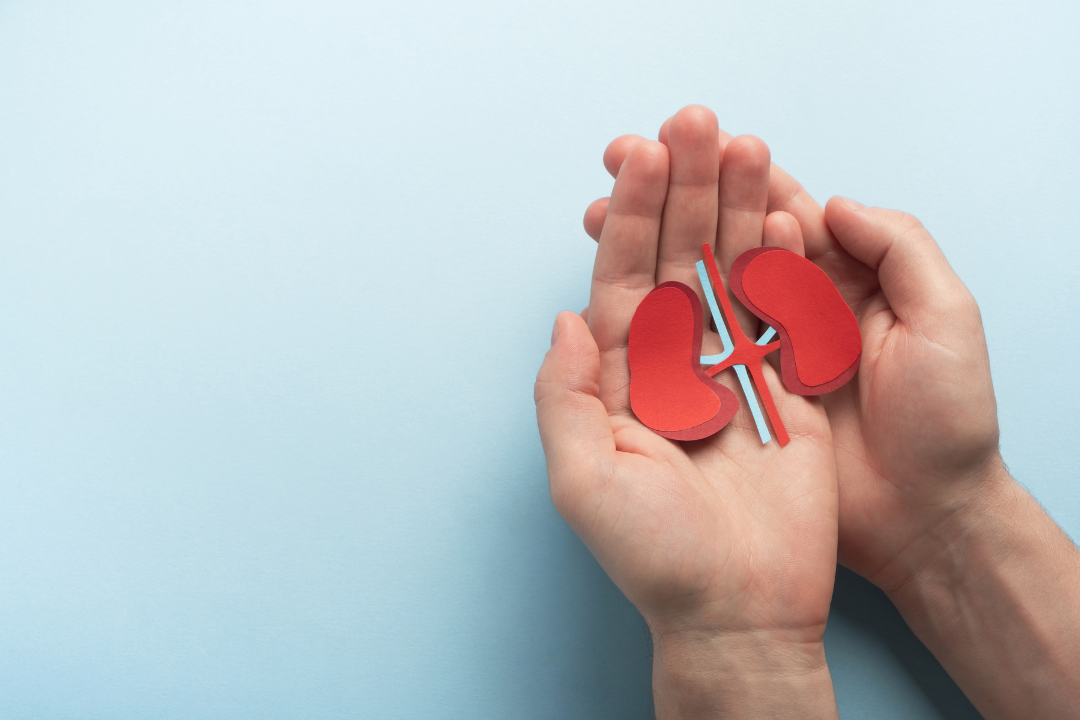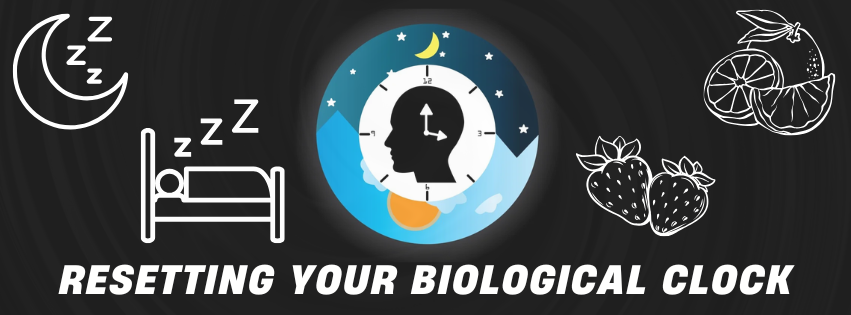5 Ways to Balance Your Blood Sugar
Do you suffer with the 3pm energy dip, constantly craving sugar or feeling irritable when you miss a meal? If so, your blood sugars may be imbalanced. Your energy levels, dietary choices, day to day tasks, cognitive abilities and mood are all impacted by blood sugar fluctuation.
WHAT IS BLOOD SUGAR
When you eat, your food is broken down into smaller nutrients such as carbohydrates, protein, fat, vitamins, minerals and glucose. Glucose is the body’s prefered source of energy because it is quickly absorbed into the bloodstream. Once glucose enters the bloodstream, insulin binds to glucose and uses it as energy right away, or storing it for later. If the bloodstream is constantly being flooded with glucose and the pancreas is unable to secrete enough insulin to keep up, your blood glucose levels can drastically spike and drop. This drastic fluctuation in your blood sugars can be incredibly harmful to your energy, digestion, cognitive abilities, metabolism and stress level. Additionally, if your blood sugars remain sporadic long term, this can lead to diabetes, fatty liver, hypoglycemia, hyperglycemia, chronic fatigue, and metabolic syndrome.
HOW TO MANAGE YOUR BLOOD SUGAR
1. Increase your protein intake.
Protein is essential to balancing your blood sugars because it slows the release of glucose into the bloodstream. By slowing down the release of glucose, you are reducing the spike which inevitably follows the drop of glucose levels. Additionally, it is so important that your first meal of the day (breakfast – not lunch!) includes protein. To ensure that you are fueling up first thing, I suggest starting your morning off with a nutrient dense smoothie that includes a protein powder. I am currently loving Garden of Life- Raw Organic All-In-One Nutritional Shake. It is packed with 20 grams of protein, superfoods, greens, vitamins, minerals, fiber and digestive enzymes to promote optimal digestion. Also – it has less than 1g of sugar! Check out our latest YouTube video for quick & easy protein recipes here.

2. Consume low glycemic carbohydrates.
Not all carbohydrate rich foods produce the same amount of glucose. Foods that have a higher glycemic index score such as processed cereals, white bread, pasta, baked goods, and granola bars cause a spike in blood glucose levels followed by a quick drop. Foods with a medium to low glycemic index such as sweet potatoes, broccoli, cauliflower, lentils, nuts and seeds contain other nutrients such as fiber which help to stabilize your blood sugar levels.
3. Choose natural sweeteners.
Refined sugars such as white sugar, brown sugar, high fructose syrups, glucose, barley malt, and cane sugar are digested very quickly into glucose, resulting in a burst of energy, followed by a quick crash. To reduce the dramatic fluctuation in your blood sugars, choose natural sweeteners like coconut sugar, maple syrup, dates, fruit and raw honey.
4. Eat smaller meals more frequently throughout the day.
By planning and preparing your meals ahead of time, you will reduce the possibilities of skipping meals or grabbing an on-the-go carbohydrate rich snack which can lead to irregular blood sugar levels. Plan a nourishing breakfast, lunch, dinner and 2-3 snacks. By eating smaller meals more frequently, your blood sugars are more likely to remain stable throughout the day.

5. Prioritize your sleep.
When the body is feeling sleep deprived, it is hard to keep a positive outlook on your daily routine. When you are lacking a proper sleep routine, your stress hormone, cortisol and your hunger hormone, ghrelin, increase. When both of these hormones are activated for an excessive period of time, it challenges your ability to avoid the sugary, refined foods which can impact your blood sugar levels drastically. I recommend aiming for at least 7 hours of good quality sleep per night. If you want to learn more about ghrelin and protein – check out our podcast here.
Your diet is the biggest influence on regulating your blood sugar levels. If left unmanaged for a period of time, serious health conditions can arise such as hypoglycemia, hyperglycemia, insulin- resistance and diabetes. If you are looking to take your wellness journey to the next level by manage your blood sugars naturally, book a consultation with our holistic nutritionist, Marissa Laughlin here.

Get in Touch
All Rights Reserved | Jo Anne's Place Health Foods
Join Our Newsletter
Contact Us
We will get back to you as soon as possible.
Please try again later.
SITE DESIGN BY PTBOCANADA DIGITAL MARKETING AGENCY









